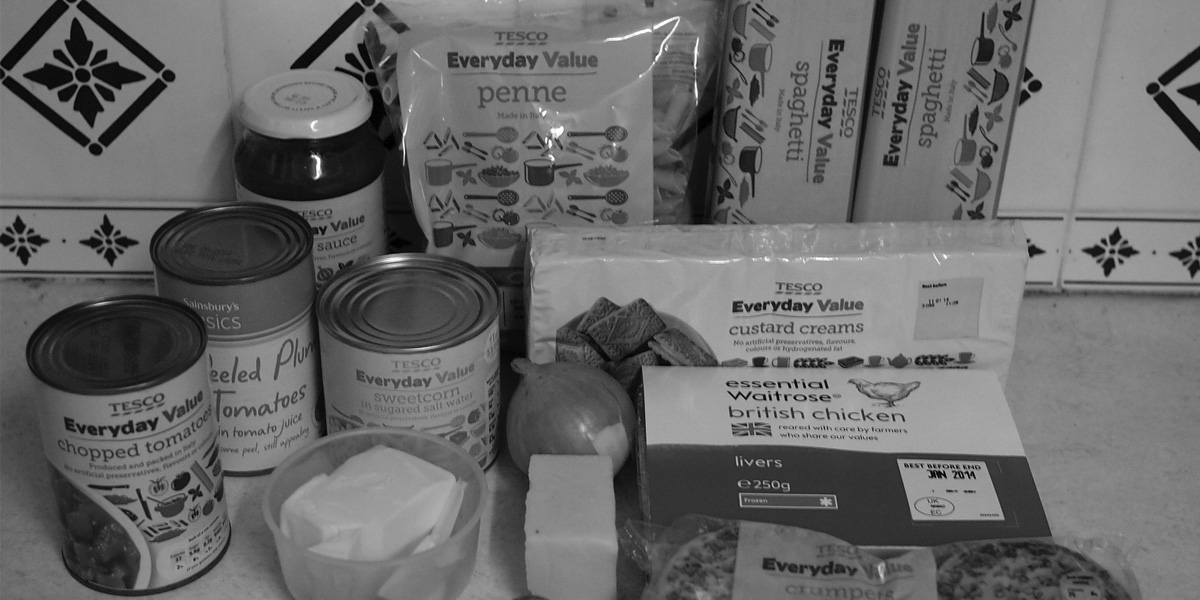Child poverty: What difference does a century make?
When the Fabian Women’s Group published ‘Round about a pound a week’ in 1913 it caused quite a stir. The pamphlet’s edge came not just from its forensic analysis of over forty working families’ budgets and its relentless account of...
When the Fabian Women’s Group published ‘Round about a pound a week’ in 1913 it caused quite a stir. The pamphlet’s edge came not just from its forensic analysis of over forty working families’ budgets and its relentless account of their lives. Alongside this, author Maud Pember Reeves coolly dismissed many of the myths that surrounded poverty then, as indeed they do today.
‘Round about a pound of week’ is acutely relevant to our times. The high rates of child mortality that originally motivated the study are thankfully a thing of the past, but low pay and precarious work are as familiar now as they were one hundred years ago. Similarly, the decisions low-income families made in 1913 between heating and eating are choices that are still being made today, and the link between overcrowded, damp housing and childhood illness remains intact.
In fact, not only could ‘Round about a pound a week’ have been written today, something very like it still is. Each year, Child Poverty Action Group and Joseph Rowntree Foundation publish a report called ‘The cost of a child’ which explores the adequacy of contemporary family budgets. The exercise has two steps: to begin, author Donald Hirsch establishes the minimum income required by various types of families, and then goes on to assess the incomes these families actually have against this measure.
So, one hundred years on, how do working families fare? ‘The cost of a child’ shows that in 2013 a typical family with two children working full-time at national minimum wage (NMW) nets an income equivalent to 83 per cent of their needs. If they are unlucky enough to lose their jobs and have to rely on out-of-work benefits, they cover only 58 per cent of their minimum requirements. It is only when they work full-time at close to median earnings that the family achieves an adequate standard of living.
These shortfalls should surprise us given two major social changes since Pember Reeves’ day: feminism and the emerging norm of maternal employment; and the rise of the welfare state.
That women’s paid work does make an important contribution to the family finances is clear – it is female employment that has protected many families from the worst effects of the recent recession, for example. However, the impact of women working on household budgets is muted for two reasons: women’s work remains lower paid than men’s and, as ‘The cost of a child’ research shows, much of the financial gain from female employment evaporates once childcare costs are paid.
Likewise, while state support such as child benefit and child tax credit has historically gone a long way in helping parents with the costs of children, the real value of both benefits is now in rapid decline. Child benefit will have lost an estimated 14 per cent of its worth by 2016 as a result of being frozen for three years and then uprated at a sub-inflation 1 per cent. Likewise, since the chancellor reneged upon previous promises to over-index child tax credit in 2011, the value of this vital source of support is in a tailspin too.
As a result, in-work poverty is still as much a reality in 2013 as it was one hundred years ago: government statistics show that almost two-thirds of the 3.5 million children living in poverty in the UK today have at least one working parent. In truth, the two key policy requirements needed to address in-work poverty is no different today than it was a century ago: an adequate minimum wage and decent levels of children’s benefits.
In 1913, Pember Reeves mused, “Suppose children were recognised to be more important than wealth – suppose they really were put first”. In 2013, it’s clearly time to stop supposing, and, instead, to start succeeding.
Lindsay Judge is senior policy advisor at Child Poverty Action Group. She will speak alongside Rachel Reeves MP and Polly Toynbee at the Fabian Women’s Network event ‘What difference does a century make? Revisiting “Round about a pound a week”‘ tonight at 7.30 at the Houses of Parliament.

